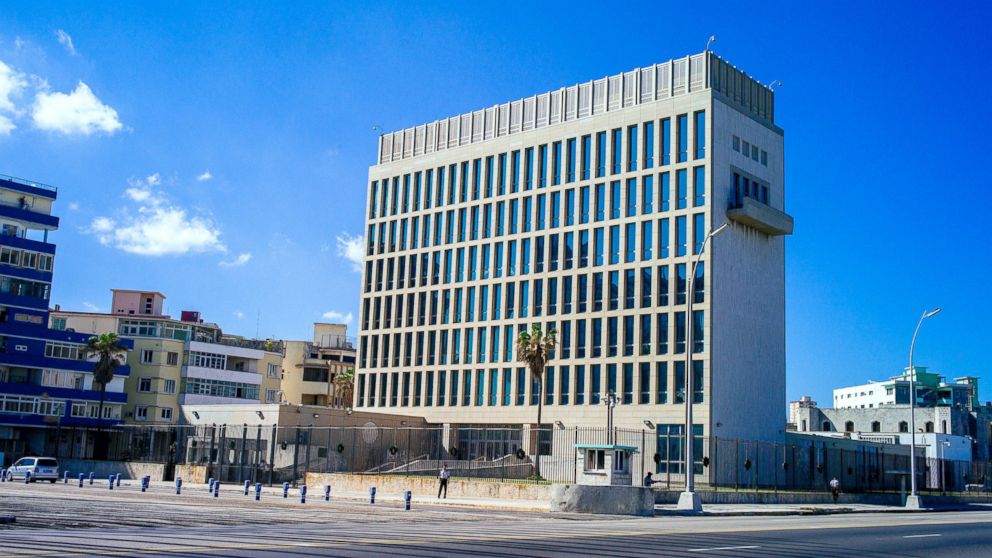US Drops Cuba From State Terrorism List, Paving the Way for Embassies
— -- The State Department today removed Cuba from the list of states that sponsor terrorism, paving the way for full diplomatic recognition and an opening of embassies.
It has been 45 days since President Obama announced plans to remove Cuba from the list of nations that support terrorism and there was no attempt by Congress to stop the action.
The State Department said that while differences with the country remain, they weren't a bar to Cuba's removal from the list.
"While the United States has significant concerns and disagreements with a wide range of Cuba’s policies and actions, these fall outside the criteria relevant to the rescission of a State Sponsor of Terrorism designation,” spokesman Jeff Rathke said.
President Obama's National Security Council said they “welcome today’s announcement.”
Bernadette Meehan, spokesperson for the National Security Council, said in a statement that it is "another step forward toward a more normal and productive relationship between the United States and the Cuban people,”
Meanwhile in Congress, which had 45 days to try and stop the removal but did not act, John Boehner still criticized the move today, saying “relations with the Castro regime should not be revisited, let alone normalized.”
“The Obama administration has handed the Castro regime a significant political win in return for nothing,” Boehner said. “Removing the regime from the State Department’s list of state sponsors of terror is just the latest example of this administration focusing more on befriending our enemies than helping our allies, but fortunately it will have little practical effect.”
Only Syria, the Sudan and Iran remain on the list.
Cuba was added to the terror list in 1982, accused by the U.S. of providing support to terrorist organizations in Latin America, including the Revolutionary Armed Forces of Colombia, or FARC.
But the State Department admits those ties have "become more distant." Last December, President Obama announced the State Department would be reviewing Cuba’s designation and the president officially requested Cuba’s removal April 14, days after meeting with Cuban President Raul Castro at the Summit of the Americas.
Removing the terror designation lifts some trade barriers against Cuba. But the overall embargo remains, requiring congressional action to reverse.
Sources tell ABC News today's action paves the way to opening embassies in Havana and Washington. An announcement on that move may come as early as next week.
At the White House press briefing today, Press Secretary Josh Earnest was quick to qualify that this was just one issue along the way toward the “milestone” goal of reopening embassies in each country.
“There continue to be issues that need to be worked out,” Earnest said. “And in discussions that were convened last week, there was important progress that was made. I don't have a time-frame to give you in terms of any specific announcement. But that obviously is among the next milestones here, which is the opening of a Cuban embassy here in the United States and the opening of an American embassy on the island of Cuba.”
Addressing criticism that some have raised against the administration’s removal of Cuba from the list, Earnest restated the White House’s oft-repeated defense that reengaging fully with Cuba is the best means of affecting change in the Communist island country.
“Ultimately what we think all of that will do is empower the Cuban people, that is the ultimate goal of this policy change, and there is no question that the deeper engagement will empower Cuban people and put additional pressure on Cuban government to do a better job on human rights,” Earnest said.
Preparations in both countries are well underway including remodeling at the current Interest Sections, which have served as diplomatic headquarters since the late 1970s.
The last time that both countries had embassies was January 1961.
Sources say both sides are optimistic that differences such as in-country travel by diplomats have been resolved.
ABC News' Justin Fishel contributed to this report.




